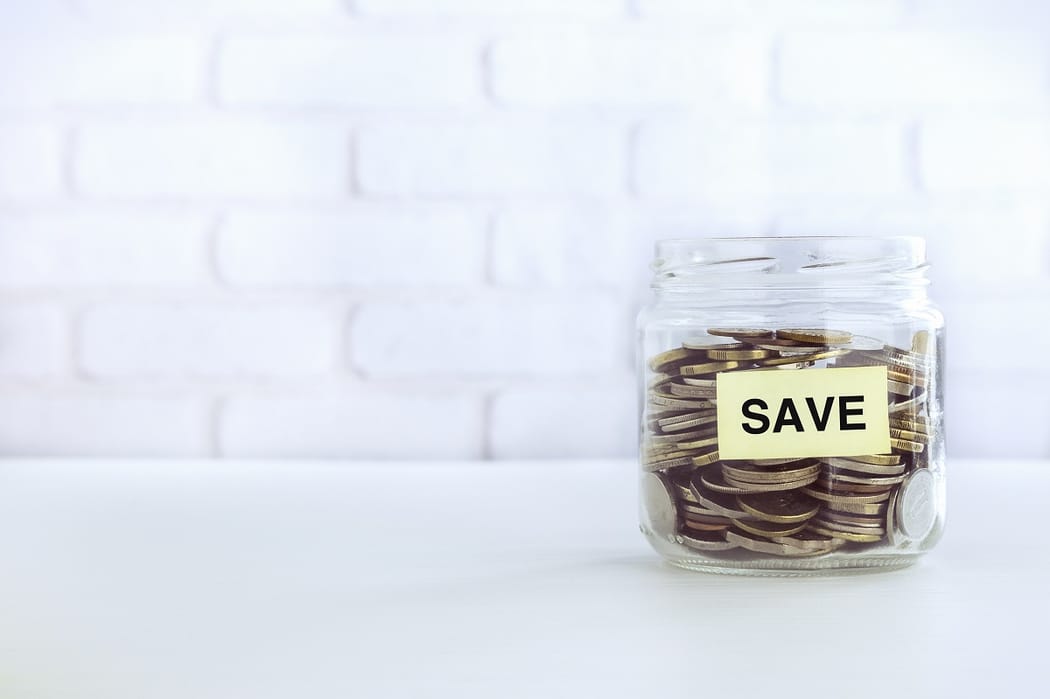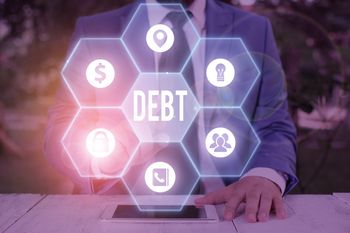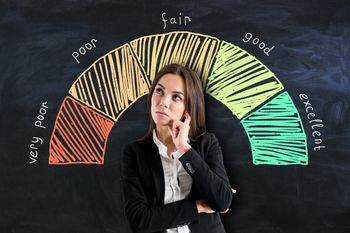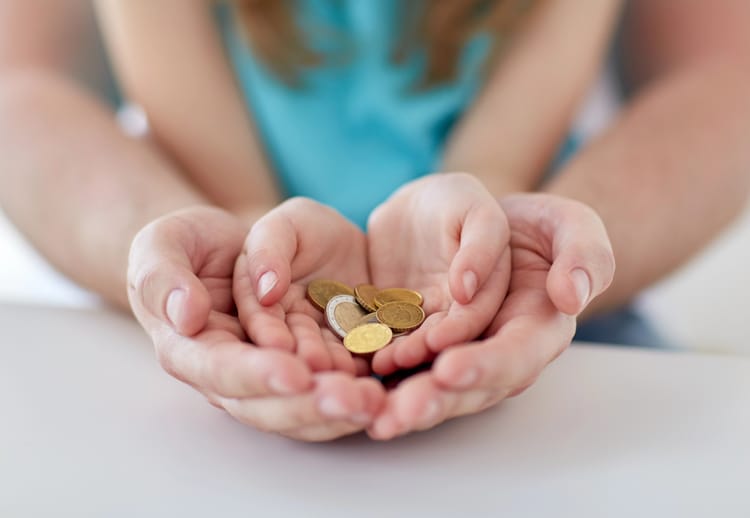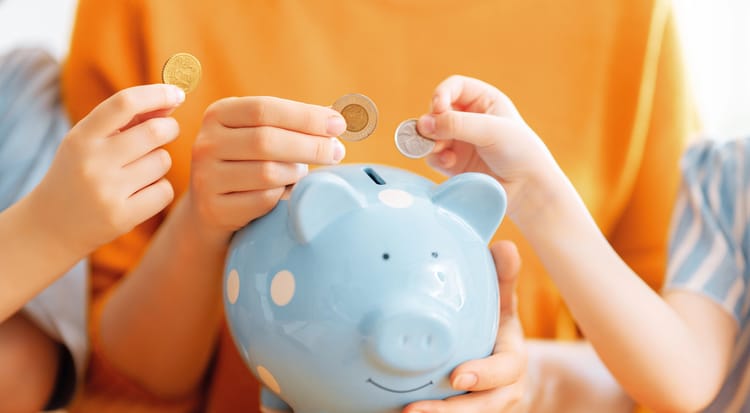Frugality is the key to a financially stable life. If you are on the journey to financial independence, you already know that many wealthy people advocate frugality. A well planned frugal budgeting boosts you to achieve your financial goals and retire early. However, some have been taking frugality to the extreme, penny pinching simply for the sake of saving. Reducing expenditure is part of frugality. Being cheap is not. Although they overlap, they are vastly different in their core. The important distinction between frugal vs cheap is that frugality is about assessing the long-term picture, maximising value at a lower cost and prioritising expenditure to have more time for the things you really care about. Being cheap is simply focusing on price as the bottom line and cutting costs. Learn from our article what being frugal means and how being cheap can harm your financial progress.
Note! This article is not meant for anyone who need to be cheap to survive. Having the choice to be frugal is not a privilege many people have, and we acknowledge it.
Characteristics of being cheap
Someone who is cheap will always purchase anything at the lowest available price. A person who is cheap will not care about the quality of an item and aim to spend as little money as possible. Being cheap may come out of necessity, which no one should judge anyway. However, some people choose to be cheap when there is no need to be, and it can cost you more in terms of money and time. Being cheap does not focus on anything else other than saving every penny. While being cheap may help you save more, you may miss out on a lot more. A cheap person's primary concern is the quantity of money spent.
Is being cheap bad?
Being cheap is not necessarily a bad thing, especially if it is necessary. However, people who are cheap place a higher value on the money itself than on time and quality. Being cheap is often regarded as a negative attribute. While it's fantastic to obtain items for near to nothing, a lot of people fill their homes with multiple items they will never use before they expire. The following are some examples where people mistake cheapness with frugality, whereas it costs you a lot more:
- Buying in bulk: Of course, buying in bulk is one of the most common methods to reduce cost while maximising the purchase. However, while it makes sense in theory, studies have found that bulk buyers throw out a lot more than people who buy small amounts more frequently. Bulk-buyers throw out almost 30% of the food they buy in bulk [1], essentially losing more money. This means food waste and an eventual rise in food prices that could have fed people facing food insecurity
- Couponing: Couponing is a very useful tool to bring down costs and still enjoy your purchase. It makes sense when you are about to buy that item anyway, and having coupons to reduce price is a smart way of handling your spending. Coupons are unnecessary when they gear towards buying a specific brand that you would not have bought anyway (e.g. convenience food or very expensive brand). You will get burnt out as couponing is similar to a tedious chore that no one wants to do. And couponing [2] is very difficult to practice anyway, as they have very limited time to redeem it or you need to spend more than reducing it
- Do-It-Yourself: DIY can be rewarding both financially and mentally as you are not only minimising costs but also learning new skills. However, DIY is really not worth it when it impacts your safety, quality of life and overall productivity. Studies have found an increase in injuries [3] as a result of attempted DIY home renovations. Outsourcing can sabotage your financial progress as you may find yourself spending more on the tools than you would have paid someone professional for the service. You are also wasting your time which could have been used on something more valuable. It's best to consider the value of your time rather than the work itself, as it could be used to actually be productive.
Switching from cheap to thrifty is the key to stopping being cheap. However, there are no straightforward answers as to how to be frugal without being cheap. Tips to being frugal entails savouring your money a little more and making deliberate choices about what matters to you. Choose something you enjoy doing and determine how much you can spend on it without receiving any more discounts. The objective is to stop looking for "additional value" all of the time. Before you buy something on sale, consider whether it's something you actually need or something you just want because of the perceived savings. Start focusing on quality rather than quantity. For example, you could purchase higher-quality clothing in smaller quantities. If properly cared for, they should last longer than cheap, rapid fashion. This has a favourable impact on the environment as well. It's all about finding the right balance in this change. Saving money is fine, but having a perpetual sense of scarcity or the drive to always have more is not. Being more frugal and generous will also benefit your personal connections.
Characteristics of being frugal
Frugality is being mindful and strategic with your spending. Being frugal entails attempting to get the most bang for your buck. It is a strong personal finance approach, regardless of your objectives, that gets you the most out of everything you buy. You are aware of your needs and wants and, instead of ignoring them, you are prioritising them in terms of spending. People who are generally frugal want to save money, but not at the risk of acquiring something that does not fulfil their needs or waste time. You do not have to go cold turkey on occasional splurges. Rather, be mindful of their value and estimate the cost you are willing to pay.
Is frugality a negative trait?
It is inevitable that if you focus on living within your means, you will be labelled as frugal at some point. However, being frugal to save money is not a negative trait in someone. On the other hand, there are benefits of being frugal. What being frugal, is that it is simply the habit of managing your money with care. Frugal people avoid overspending and instead focus on their long-term financial well-being. Admittingly, being frugal can cost you money the first time but the amount spent is valued. As a result, being described as frugal is more of a complement than a derogatory one. It is only when the real "frugality" meaning is used incorrectly as opposed to "cheap" that it should be considered an insult. Being inexpensive has a negative connotation, and it is not something you should strive for. That would be a misapplication of the phrase.
Is being frugal worth it?
Frugality can be worthwhile if you are balancing your finances with your life. One of the most popular myths about modest living is that it is monotonous. However, nothing could be further from the truth. Frugality can be freeing for many people. While it can be a little confining at times, it can bring peace of mind for many individuals. Furthermore, the ability and desire to say no to yourself is one of the many skills you gain while living a frugal lifestyle. Frugal people understand that by declining something now, they will be able to accept something even better later. They are willing to forego instant pleasure in exchange for financial gain in the future. Furthermore, frugal people are resistant to peer pressure. In fact, this is possibly the most essential trait of frugal individuals.
Can being frugal make me rich?
No, frugality by itself will not make you wealthy. Budgeting and having the ability to recognise good purchases from bad ones can have a positive impact on your capacity to generate wealth. The primary advantage of a frugal lifestyle is that you can balance your finances with your lifestyle without sacrificing a significant amount on both sides. In other words, rather than spending every penny you earn, frugality allows you to build a financial cushion by giving you financial flexibility, which allows you to make better long-term financial decisions. It simplifies your finances and helps you stay on track with your financial objectives. While frugality by itself will not make you wealthy, it will make a significant difference.
How can I be frugal without being cheap?
There are no universal tips on how to start being frugal. Focusing on values-based spending and mindfulness are the secret tips for being frugal without being cheap. Being frugal tips also include determining the most essential values to you. Before you spend anything, consider whether it is consistent with your lifestyle and hobbies. Someone who enjoys travelling may look into discounts or promo codes to reduce some of the cost, but they will not book the cheapest hotel just to penny-pinch. Frugal travellers will choose a relatively safer location to travel to and choose a hotel at a reasonable price with good amenities. To a frugal person, quality of life is on par with the cost of achieving it.
How to practice frugality
Practising frugality is very subjective to individuals. There are some common steps you can take to be frugal:
- As you budget for your bills and necessary expenses, set aside a portion of your income for your personal activities. This will keep your budget intact and also motivate you as you are not ignoring yourself;
- If you are consistently eating out or shopping, see if you can get loyalty programmes, points, or discount deals. Most shopping malls and groceries now provide loyalty programmes that either provide discounts or offer free experiences;
- If you love travelling, check for airline points and credit card cashback to enjoy free experiences or activities at a discounted rate.
Top major differences between cheap and frugal
The primary distinction between being cheap vs frugal is the motivation and goal underlying the desire to conserve money. Frugal people are concerned with getting the most bang for their buck, but cheap people are just concerned with the bottom line and ignore quality and other variables. People who are both cheap and frugal enjoy saving money, but frugal people will not do it at the expense of others. Frugality entails looking at the larger picture and having the patience to take advantage of easy money-saving methods. Frugality employs value as a bottom line, whereas cheapness uses price as a bottom line. Cheap individuals are motivated by the desire to save money at any cost; frugal people are motivated by the desire to maximise total value, which includes the worth of their time. Being frugal means prioritising your spending so that you can have more of the things that matter to you.
Summary
Frugality is just one route to a secure financial future. A well-thought-out, thrifty budgeting strategy will help you meet your financial objectives and retire early. Simply focusing on pricing as the bottom line and eliminating costs is what it means to be inexpensive. To determine whether you are spending your money properly, you must first comprehend the features and distinction between being cheap and being frugal, as well as assess whether being cheap without necessity is bad and frugality is not. Learn what frugality is supposed to do for you and how you can practise it without becoming cheap.
Under the current financial climate, frugality manifests as reducing eating out, thrifting, and generally achieving goals at a reasonable expense. Frugality allows for activities and hobbies, but at a more reasonable expense. Frugality does not recommend compromising physical and mental health, ignoring social needs or abruptly withdrawing from splurging just because it is not a necessity. Such goals are unrealistic and unsustainable and may cost you more in the long run.
Frequently Asked Questions
What is the difference between being frugal and being cheap?
Being frugal means making mindful financial decisions that prioritise long-term value, quality, and personal goals. Being cheap focuses only on spending the least amount of money, often ignoring quality, time, or impact on others.
Is being frugal always a good thing?
Yes, frugality is generally a positive habit because it helps you manage money wisely and stay focused on long-term financial security. Unlike cheapness, frugality does not mean sacrificing quality of life or relationships just to save a few euros.
How can I practice frugality without becoming cheap?
To stay frugal without being cheap, focus on value-based spending. Choose quality over quantity, prioritise essential goals, and look for smart savings like loyalty programmes or discounts on things you already planned to buy. Avoid cutting corners that harm your health, safety, or relationships.
List of References
- Source: www.fastcompany.com
- Source: couponsinthenews.com
- Source: medicine.uq.edu.au

